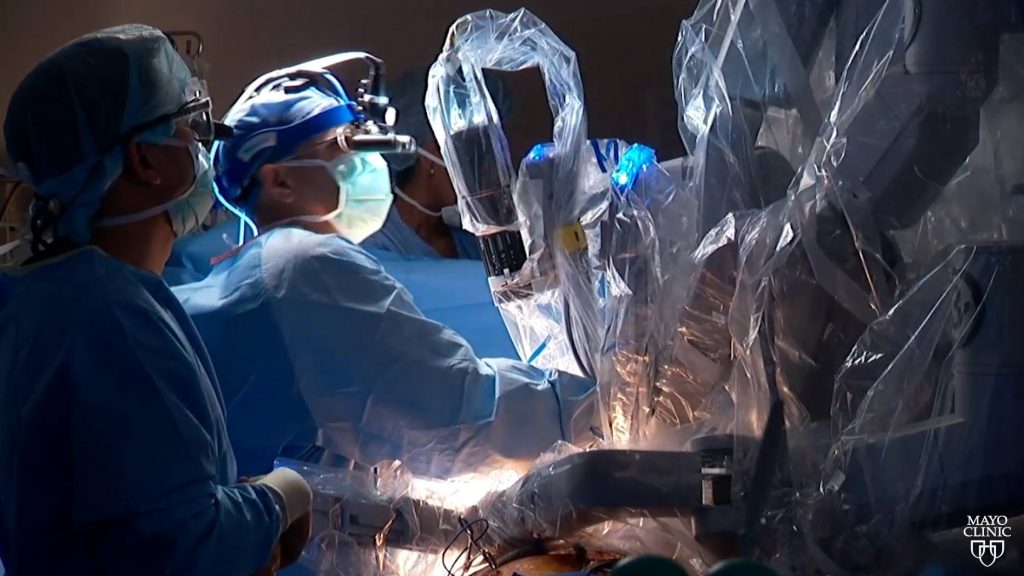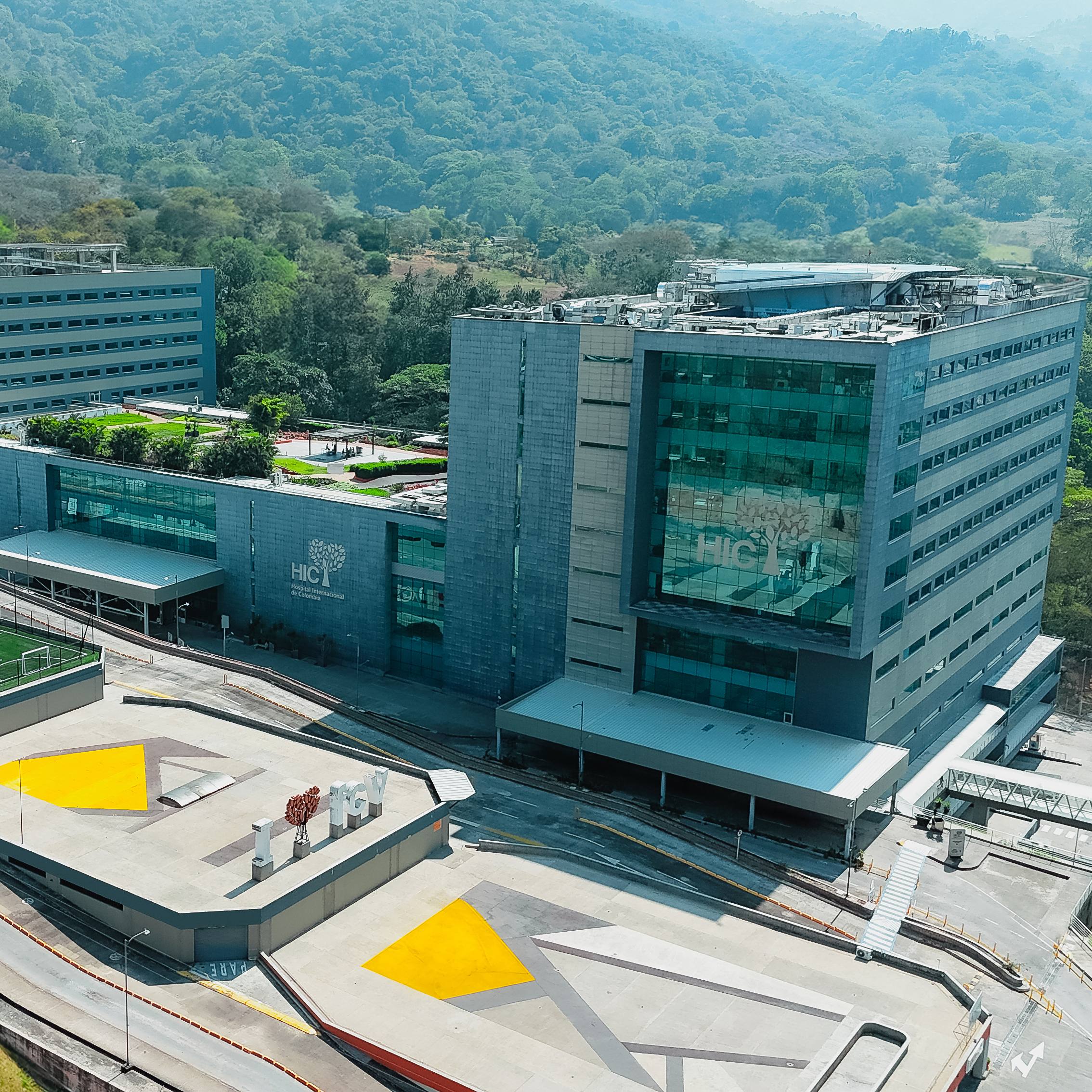-
Expert Alert: 4 benefits of robotic spine surgery

ROCHESTER, Minn. ― Robotic surgery, or robot-assisted surgery, allows doctors to perform many complex procedures ― including those involving the spine ― with more precision, flexibility and control than conventional techniques.
Since 2018, Mayo Clinic surgeons have completed more than 200 robotic spinal surgeries on patients from around the world. These surgeries have led to positive early outcomes and declining procedural times.
Among 402 screws placed in 77 patients who had robot-assisted spinal surgery between September 2018 and October 2019, none required postoperative revisions, according to a recent study in Mayo Clinic Proceedings. Two of the 402 screws required modifications intraoperatively, and none of the patients in the study had complications related to screw placement.
As surgeons completed more procedures, duration of operations fell significantly. The number of procedures performed each week also increased. The length of hospital stay after surgery was two days.
"Robotic technology can make spinal surgeries even safer and more efficient, and result in better outcomes," says Mohamad Bydon, M.D., a Mayo Clinic neurosurgeon who is presenting at Arab Health 2021 this week.
Neurosurgeons perform robotic surgery at Mayo Clinic in Arizona, Mayo Clinic in Florida and Mayo Clinic in Minnesota. The procedure is most often used for degenerative spinal conditions, arthritis of the spine and spinal tumors.
Patients have CT imaging before and sometimes during surgery, which the robotic software uses to create a surgical plan. The software guides a robotic arm into position to translate the preoperative plan into the surgical field.
Dr. Bydon says robotics helps spine surgery in four ways:
- Planning
Robotics allows surgeons to take images of the patient and plan where the instrumentation should be. Precision is crucial, since surgery involves nerves and the spinal cord. - Instrumentation
Software guides the robotic arm and places the hardware into its proper position with submillimeter accuracy. - Time in surgery
Robot-assisted spine surgery is shorter and more minimally invasive than traditional open surgery. After surgery, patients usually have shorter hospital stays and less need for narcotic pain medication. - Preservation of muscles
Robot-assisted spine surgery preserves muscles, tendons and ligaments ― the patient's natural anatomy.
Robotic spinal surgery involves risks, some of which may be similar to conventional, open surgery, says Dr. Bydon. These risks include pain, bleeding and infection.
###
About Mayo Clinic
Mayo Clinic is a nonprofit organization committed to innovation in clinical practice, education and research, and providing compassion, expertise and answers to everyone who needs healing. Visit the Mayo Clinic News Network for additional Mayo Clinic news. For information on COVID-19, including Mayo Clinic's Coronavirus Map tracking tool, which has 14-day forecasting on COVID-19 trends, visit the Mayo Clinic COVID-19 Resource Center.
Media contact:
- Rhoda Madson, Mayo Clinic Public Affairs, newsbureau@mayo.edu







